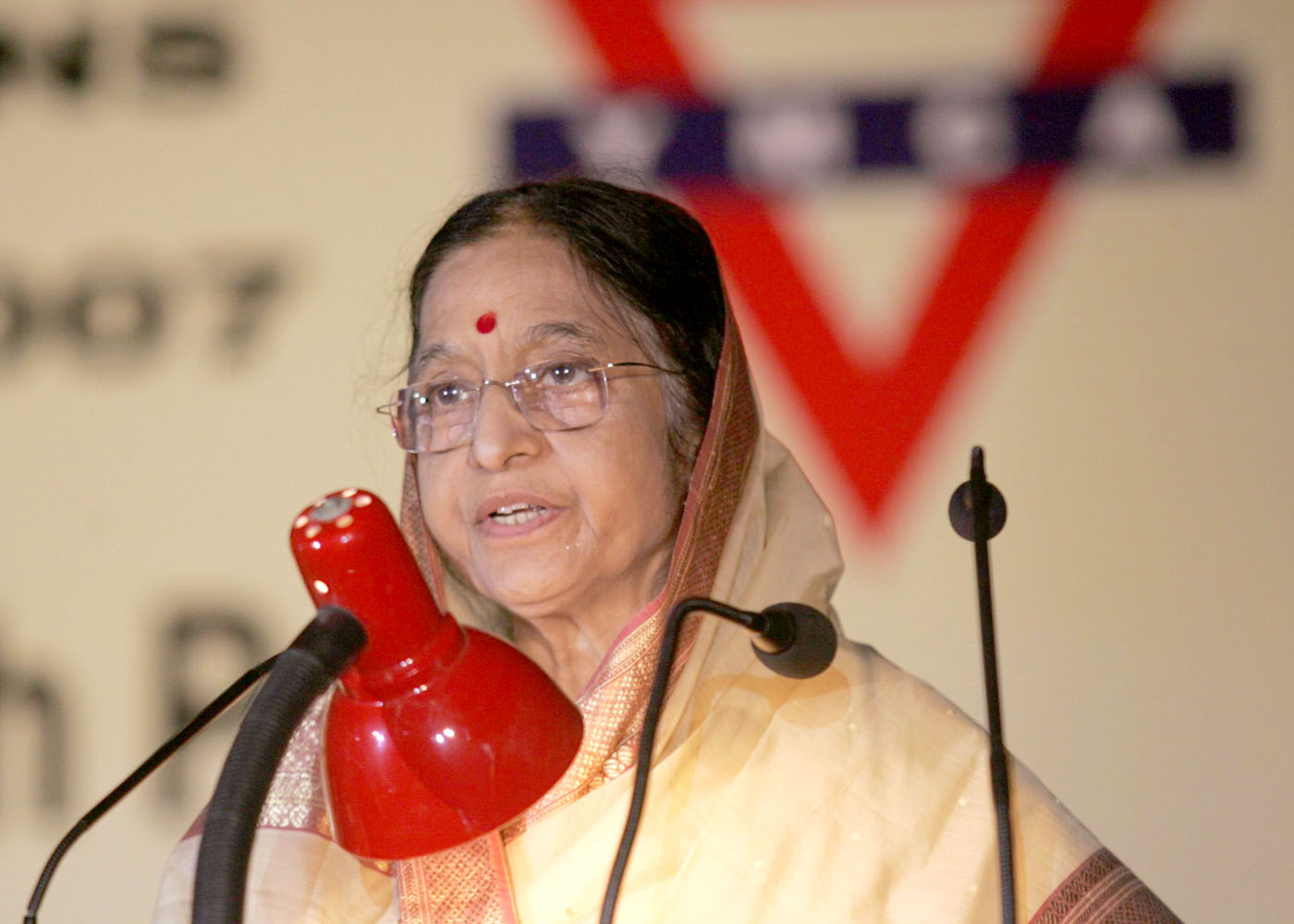Speech of the Hon'ble President of India, Smt. Pratibha Devisingh Patil, on the Inauguration of the 150th Anniversary Celebrations of the Ymca
New Delhi : 28.09.2007

Ladies and Gentlemen,
I am delighted to participate in the 150th Anniversary Celebrations of the Indian YMCA. On this occasion, I congratulate all members of the YMCA fraternity for their commendable work in rendering community service and for promoting youth development activities.
Community service is essential for the building of better societies. It requires a spirit to work, not merely for one's own sake, but also for the welfare of others. Individuals and organizations involved in rendering social service should work selflessly for the betterment of society and should motivate the youth to do the same.
A holistic approach towards the development of youth is extremely necessary for preparing them to undertake service towards humanity. India is a country of young people, with 54 percent of its population in the age group below 25 years. Youth are clearly destined to play a major role in the future of India. It is important to inculcate the right values in them and nurture the mental, physical and spiritual aspects of their personality. It is heartening to note that the YMCA seeks to build a balanced human being and in this context, is associated with promoting education, sports and cultural activities.
Extra-curricular activities, particularly sports, are important to our youth for maintaining their physical fitness and fostering in them a sense of discipline. Sports encourage a team spirit and sportsmanship like qualities that enable the youth to face the success and failures of life with equanimity. Similarly, cultural activities help youth to appreciate the richness and diversity of our culture and imbibe our age-old values of truth, tolerance and respect for all.
India is growing at a rapid pace but we need to make our developmental process equitable. There are large sections of our society, especially in rural areas and even in certain areas in urban centres, where the fruits of growth have not reached. Development should be seen as a joint task of the Government and society at large. Government is undertaking a number of schemes for poverty eradication, employment generation, rural development, education and health. Government efforts need to be supported by voluntary agencies and civil society. They can work with the Government, in the social sectors and with the less privileged sections of society as well as in the less developed areas of the country, to take India forward on the path of overall progress. In this context, I am reminded of the words of Swami Vivekananda, who said, and I quote, "go from village to village, do good to humanity and to the world at large." These words should be a source of inspiration for NGOs and voluntary agencies involved in community service.
It is important that NGOs fully asses the needs of the communities that they work with and take up projects in accordance with the priorities of the community they work in. Projects of NGOs should be designed so as to make communities more productive and to make individuals self-reliant. The motto for NGOs should not merely be to give crutches to the less privileged but to make them independent, with capacities and skills that enable them to participate confidently in all activities of life.
Development brings about societal changes and new social challenges. It is important that through self-help groups we help those affected, to deal with and adjust to change. NGOs need to be socially conscious and socially responsible as they have the ability to bring about social change and can help a society adjust to social change. In women's issues, including in dealing with social issues like female foeticide, child marriage, dowry harassment, etc., there is considerable amount of influence that can be exerted collectively by communities and NGOs.
In recent times, NGOs have played a role in helping victims of natural disasters. In India, during the Tsunami and earthquakes which caused catastrophic tragedies, trauma and damage, NGOs had lent a helping hand. As communities are the first to be affected by natural disasters, it is important that they should be involved in disaster preparedness and mitigation plans. NGOs should continue to work with communities to mitigate the tragedies caused by natural disasters.
I understand that the YMCA Movement in India has 556 affiliated local associations with a membership of around 2 lakh, comprising both men and women. They can play an important role in development activities. The completion of 150 years, being an important landmark for the YMCA, should encourage the organization to take up new challenges in the years to come. My best wishes to everyone associated with the YMCA.
With these words, I formally inaugurate the 150th Anniversary Celebrations of the YMCA Movement in India.
Thank you.
JAI HIND !








